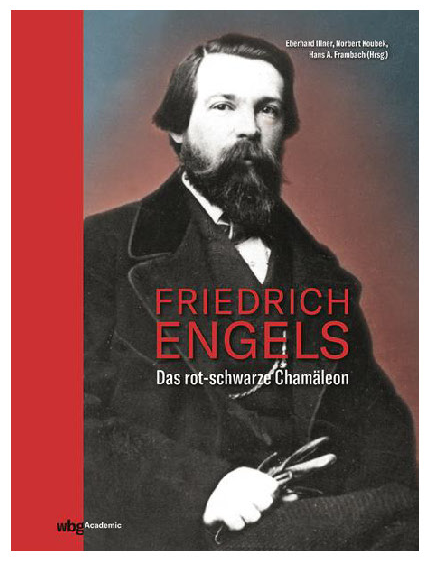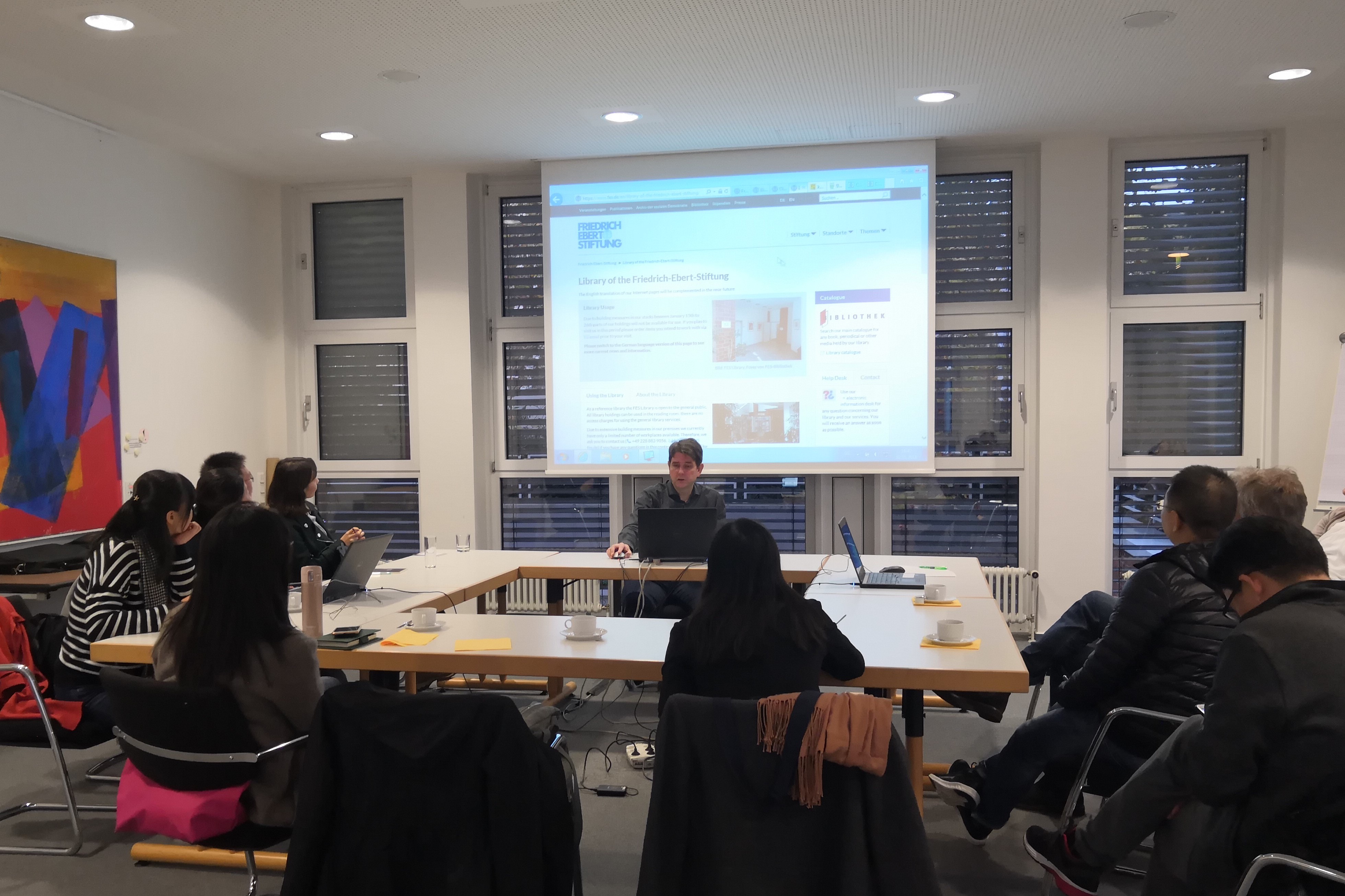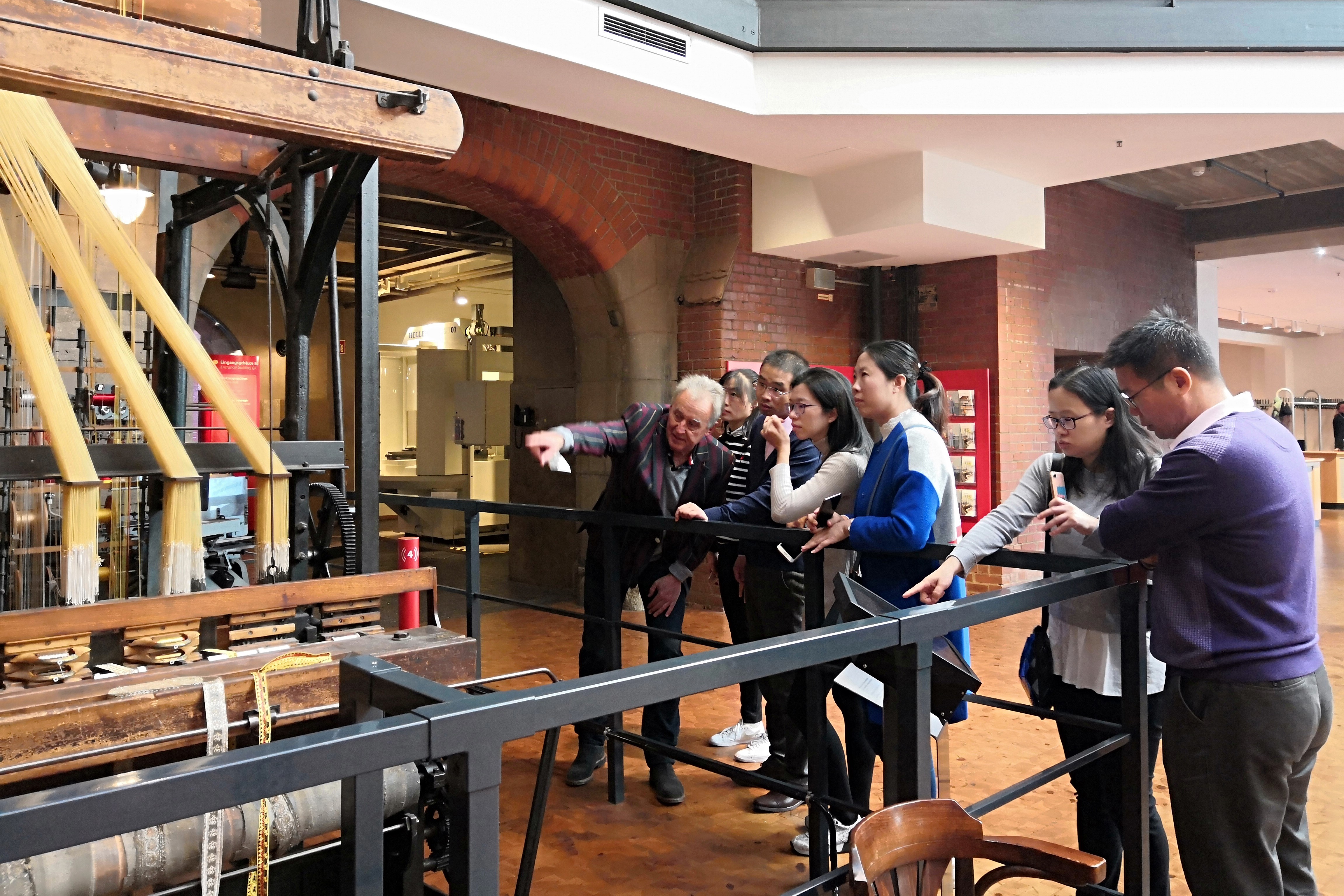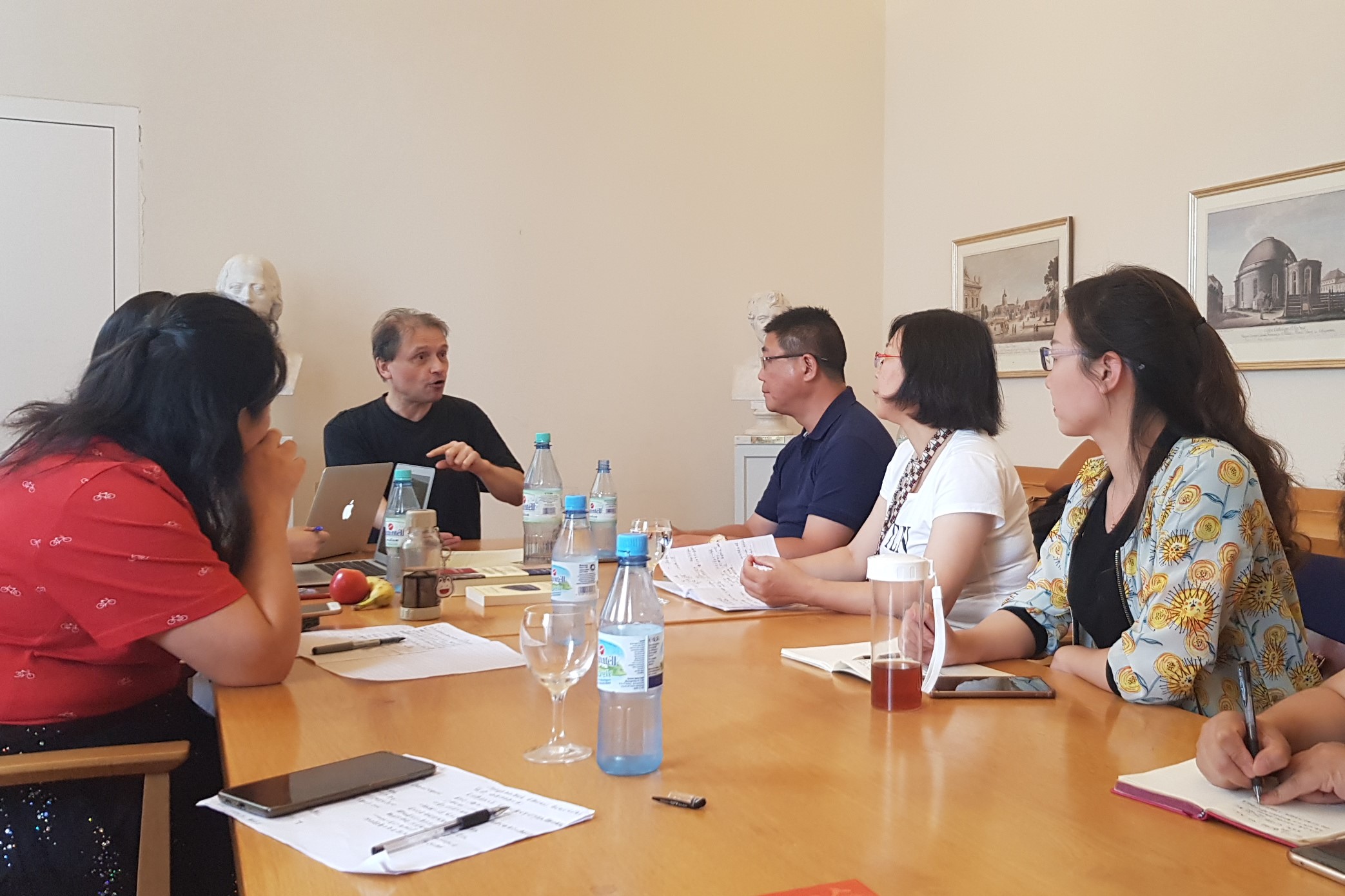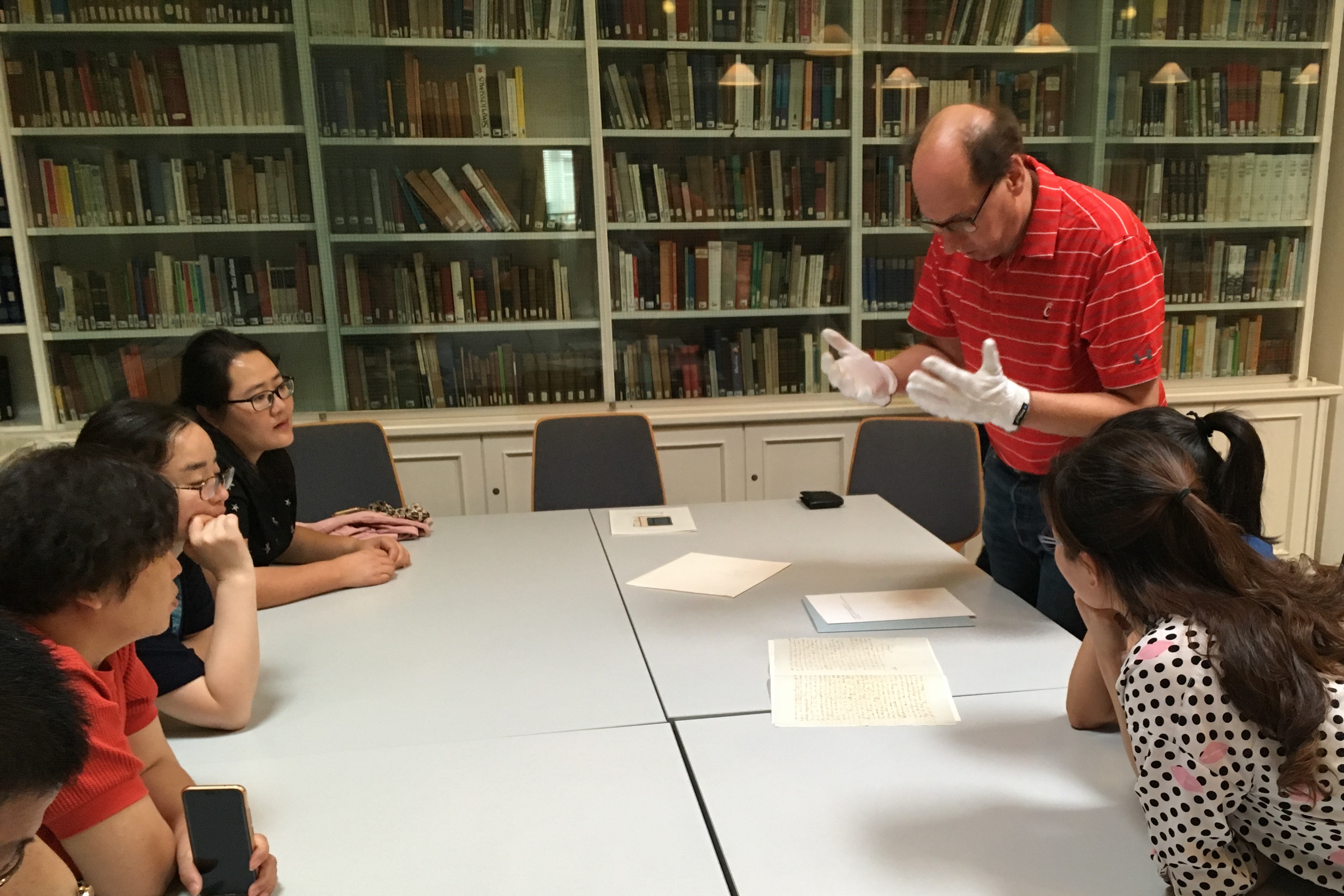Engels' mixed use of two kinds of Infinity: a metaphysical study
RONG Weijie, Guangzhou
Abstract
I would like to introduce the ideas in a book I published in Taiwan this year. The name of this book is The Absurdity of Infinity: A study about Engels' Views of Development (Chinese name:無限的荒謬:恩格斯發展觀研究). The ISBN is 9789869780063.
1. My research work is based on the following facts: First, there are two kinds of infinite concepts. One is potential infinity, the other is actual infinity. The former is an extension without boundary, which is a homogeneous and never completed sequence composed of infinite individuals; the latter is a bounded, completed and heterogeneous totality (because there is boundary and end point). These two concepts of infinity are different and incoherent. Secondly, these two kinds of infinite concepts appear in Engels' development theory. Without one of them, Engels' so-called "development" cannot be established.
2. Based on these two facts, the first question is, how is this possible? In other words, how can these two concepts of infinity coexist in Engels' view of development? We know that this is a "problem" that needs to be explained. Engels knew that, too. Why? Because Engels once criticized Hegel for mixing the two kinds of infinity. He said that Hegel, on the one hand, said that development cannot have an end, and that everything is just a process - this is potential infinity, but at the same time, he declared his own theory is the end and the absolute truth itself - which is actual infinity. Engels criticized Hegel, which showed that Engels knew it was a "problem".
3. Since Engels knew that this was a problem, what kind of solutions did Engels put forward for this problem in his own development discourse? Engels' solution is to bring actual infinity from potential infinity by the principle of "quantitative change causes qualitative change". And this actual infinity belongs to the future. Engels did not say much about "quantitative change causes qualitative change". Engels did not have an independent metaphysical argument, that is to say, this principle still borrows Hegel's theoretical resources. This leads to a very strange problem: Engels criticized Hegel for not dealing with the problem well. However, he learned Hegel’s solutions for this problem. It's very strange.
4. This requires further investigation, and we need to examine Hegel's dialectics and whether it is like Engels said. The basic conclusions are as follows: first, Engels' criticism of Hegel is not right. Hegel did not advocate two kinds of infinity at the same time, but only advocated one kind of infinity, that is, actual infinity. The potential infinity is criticized and opposed by Hegel, which is called "evil infinity" or "false infinity". Second, Hegel's real infinity exists in the past, not in the future, and it is not come from the potential infinity. The principle that quantitative change causes qualitative change cannot solve this problem. Therefore, Engels' own view of development cannot be established.
5. Other texts show that Engels did not "misunderstand" Hegel, on the contrary, he almost understood every aspect above. So, this thing needs to be reconsidered. My personal view is to consider Engels' sublation of philosophy and his practical ideal.

